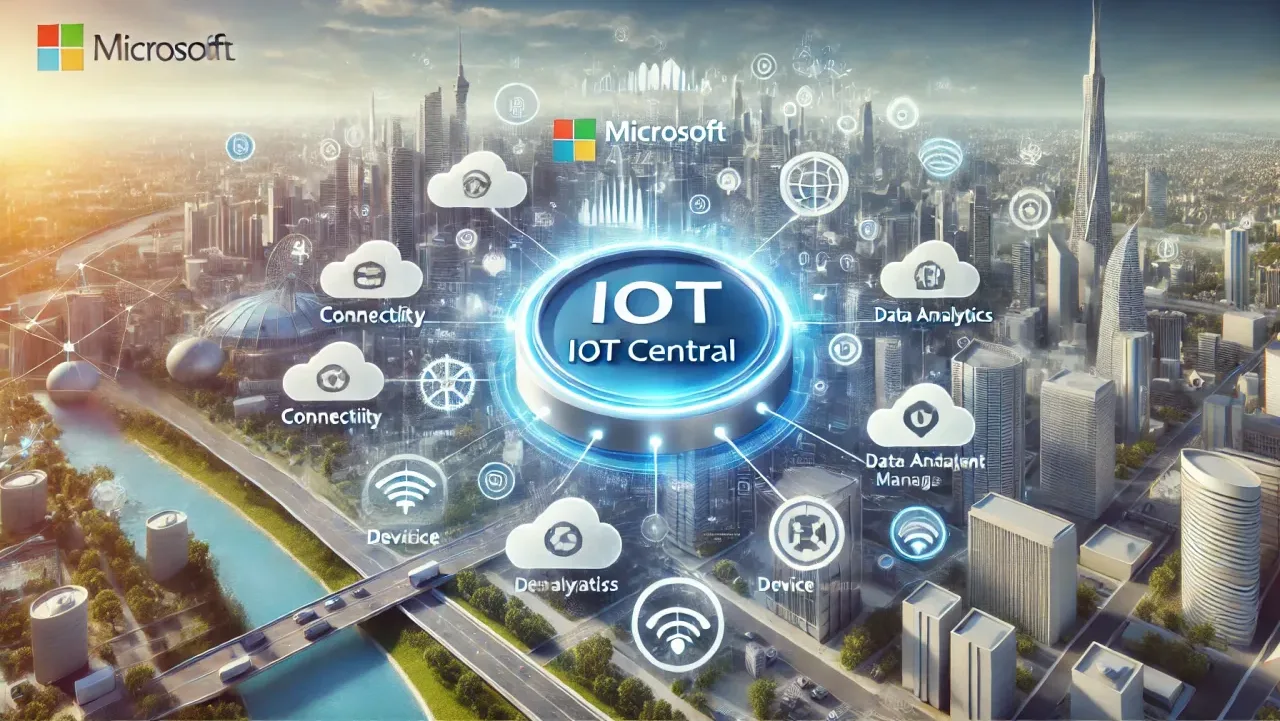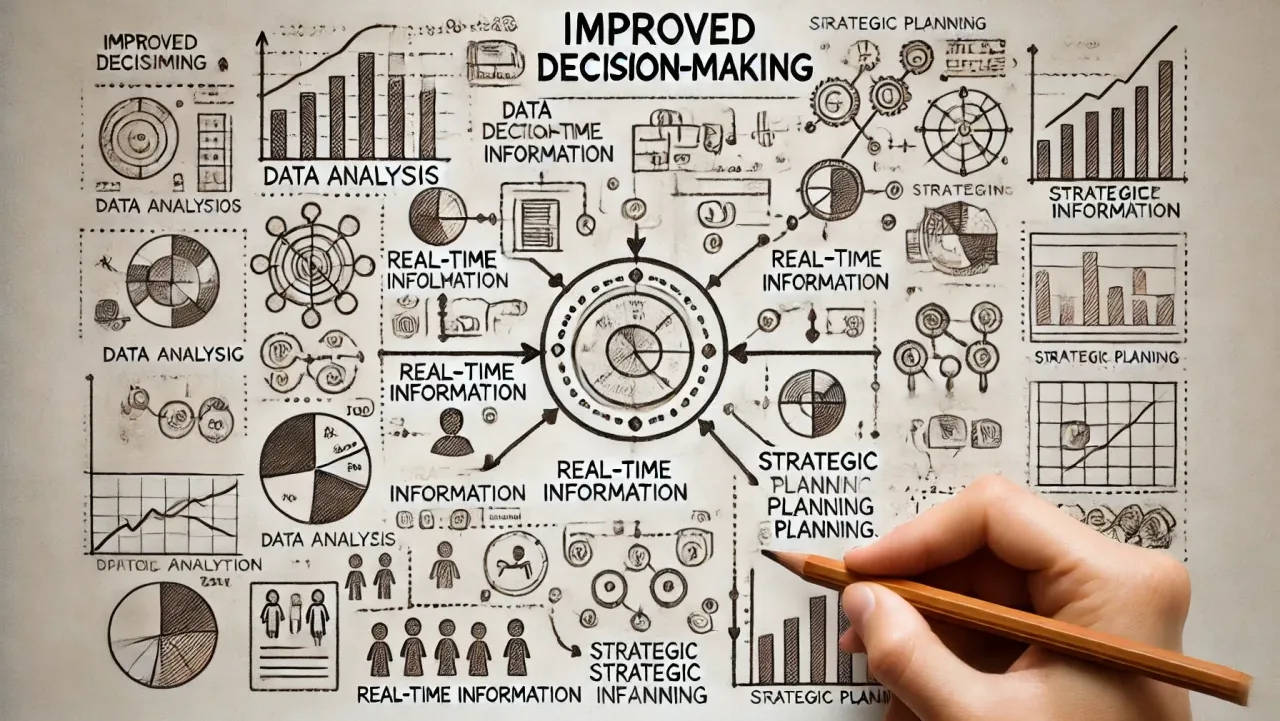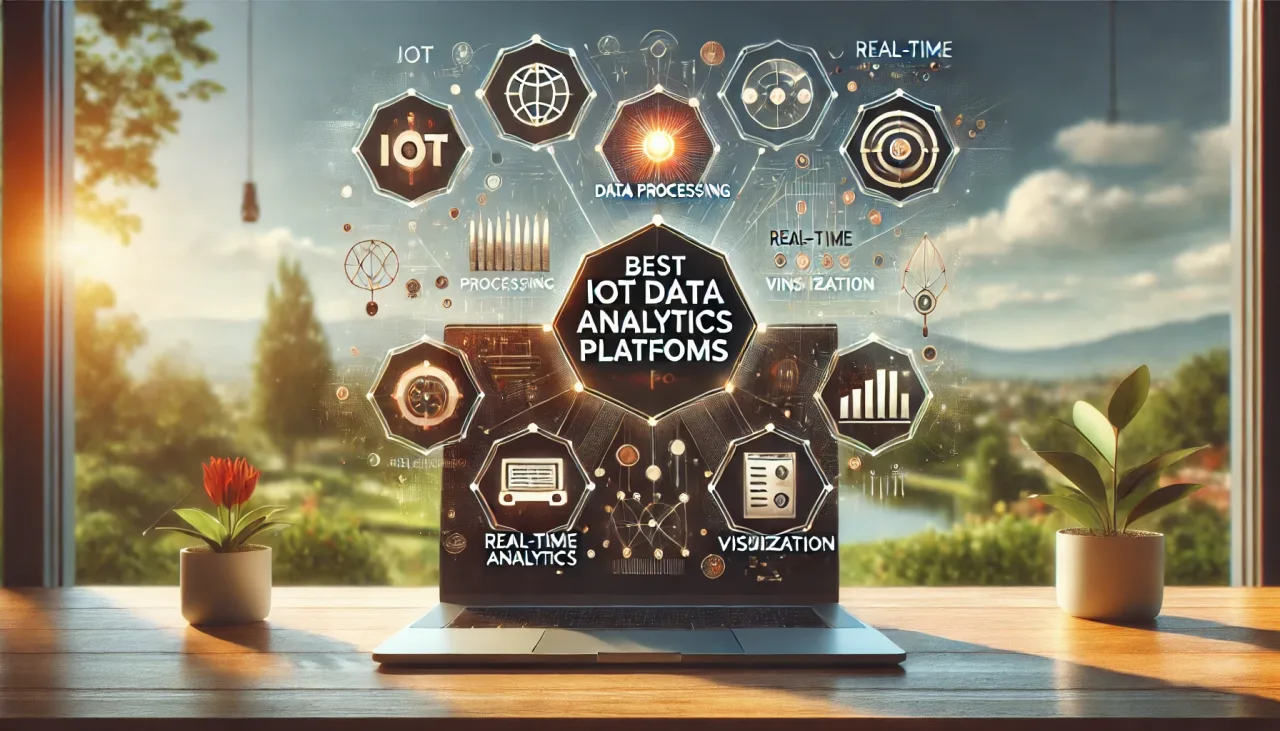In this Article
Introduction to Best IoT Data Analytics Platforms
The Internet of Things (IoT) has revolutionized how businesses collect and analyze data, driving innovation and efficiency across various sectors. At the heart of this transformation are IoT data analytics platforms, which provide the tools and infrastructure needed to process and derive insights from vast amounts of data generated by IoT devices. These platforms are essential for turning raw data into actionable insights, helping organizations make informed decisions and optimize their operations. In this detailed article, we will explore the top 5 IoT data analytics platforms for data insights, highlighting their key features, benefits, and use cases. Additionally, we will discuss how these platforms can enhance predictive maintenance and improve real-time monitoring. Understanding the capabilities of these platforms is crucial for leveraging IoT data effectively. Furthermore, we will examine the future trends and advancements in IoT data analytics.
Understanding IoT Data Analytics Platforms
IoT data analytics platforms are specialized tools designed to handle the complexities of IoT data. These platforms collect, store, process, and analyze data from connected devices, providing real-time insights and enabling predictive analytics. They are crucial for managing the large volumes of data generated by IoT devices and transforming it into valuable information.
Key Features of IoT Data Analytics Platforms
IoT data analytics platforms come with a range of features that make them indispensable for businesses leveraging IoT technology. Some of the key features include:
- Real-Time Data Processing: The ability to process data as it is generated, providing immediate insights and enabling quick decision-making.
- Scalability: The capacity to handle large volumes of data from numerous devices, ensuring the platform can grow with the business.
- Data Integration: Tools to integrate data from various sources, providing a comprehensive view of the IoT ecosystem.
- Predictive Analytics: Advanced analytics capabilities that enable predictive modeling and forecasting, helping businesses anticipate future trends and behaviors.
- Security: Robust security features to protect sensitive data from unauthorized access and breaches.
Top 5 IoT Data Analytics Platforms for Data Insights
1. AWS IoT Analytics
Overview: AWS IoT Analytics is a fully managed service that makes it easy to run sophisticated analytics on massive volumes of IoT data. It automates many of the complex tasks required to analyze data from IoT devices, such as data preparation, integration, and machine learning.
Key Features of AWS IoT Analytics
- Automated Data Preparation: Simplifies the process of cleaning, filtering, and transforming IoT data.
- Integration with AWS Services: Seamlessly integrates with other AWS services like AWS IoT Core, AWS Lambda, and Amazon QuickSight for enhanced analytics and visualization.
- Machine Learning: Incorporates machine learning capabilities to build predictive models and gain deeper insights.
Use Cases for AWS IoT Analytics
Predictive Maintenance: Anticipating equipment failures in industrial settings to reduce downtime and maintenance costs. Smart Home Devices: Analyzing data from smart home devices to enhance user experience and energy efficiency. Fleet Management: Monitoring vehicle performance and optimizing routes in real-time for logistics companies.
2. Microsoft Azure IoT Central

Ai Image by Dall-E
Overview: Microsoft Azure IoT Central is a fully managed IoT app platform that makes it easy to connect, monitor, and manage IoT assets at scale. It offers a comprehensive set of analytics tools to derive insights from IoT data.
Key Features of Microsoft Azure IoT Central
- Real-Time Monitoring: Provides real-time data visualization and monitoring capabilities.
- Customizable Dashboards: Allows users to create custom dashboards to visualize data in meaningful ways.
- Integration with Azure Services: Works seamlessly with other Azure services like Azure Machine Learning, Azure Stream Analytics, and Power BI.
Use Cases for Microsoft Azure IoT Central
Smart Buildings: Managing and optimizing energy usage, security, and maintenance in commercial buildings. Healthcare: Monitoring patient health data to improve care and operational efficiency in healthcare facilities. Retail Analytics: Analyzing customer behavior and inventory data to enhance retail operations and customer experiences.
3. Google Cloud IoT Core
Overview: Google Cloud IoT Core is a fully managed service that allows you to securely connect, manage, and ingest data from millions of globally dispersed devices. It integrates with Google Cloud’s data analytics services to provide powerful insights.
Key Features of Google Cloud IoT Core
- Device Management: Simplifies the process of connecting and managing IoT devices at scale.
- Real-Time Analytics: Uses Google’s data processing services like BigQuery and Dataflow for real-time analytics.
- Security: Ensures secure communication between devices and the cloud with strong authentication and encryption.
Use Cases for Google Cloud IoT Core
Agriculture: Implementing precision farming techniques to optimize crop yields and resource usage. Smart Cities: Enhancing urban infrastructure management, including traffic control and waste management. Energy Management: Monitoring and optimizing energy consumption in utilities and smart grids.
4. IBM Watson IoT Platform
Overview: IBM Watson IoT Platform offers advanced capabilities for device management, data collection, and real-time analytics. It leverages IBM’s cognitive computing and machine learning technologies to provide deep insights.
Key Features of IBM Watson IoT Platform
- AI and Machine Learning: Integrates with IBM Watson services to apply AI and machine learning to IoT data.
- Advanced Analytics: Provides tools for real-time data analysis and visualization.
- Secure Data Handling: Ensures data security and compliance with industry standards.
Use Cases for IBM Watson IoT Platform
Manufacturing: Enhancing manufacturing processes through predictive maintenance and quality control. Energy Sector: Optimizing energy consumption and distribution in smart grids. Transportation: Improving fleet management and logistics through real-time tracking and analytics.
5. Minnovation IoT Analytics Platform
Overview: Minnovation offers a comprehensive IoT analytics platform designed to meet the unique needs of businesses. It ensures seamless integration, robust security, and advanced analytics capabilities.
Key Features of Minnovation IoT Analytics Platform
- Custom Solutions: Provides tailored IoT analytics solutions to fit specific business requirements.
- Robust Security: Features advanced security measures to protect sensitive data.
- Scalable Architecture: Supports scalable deployments to accommodate growing IoT networks.
Use Cases for Minnovation IoT Analytics Platform
- Smart Cities: Implementing solutions for smart lighting, waste management, and traffic control.
- Industrial IoT: Enhancing industrial operations through predictive maintenance and remote monitoring.
- Healthcare: Providing advanced healthcare solutions through connected medical devices and remote monitoring.
Selecting the Right IoT Data Analytics Platform
Choosing the right IoT data analytics platform is crucial for leveraging IoT data effectively. Here are some key considerations:
- Scalability: Ensure the platform can scale with your growing data and device volumes.
- Integration: Look for platforms that integrate well with your existing systems and other IoT solutions.
- Security: Prioritize platforms with robust security features to protect your data.
- Ease of Use: Choose a platform with user-friendly interfaces and comprehensive support.
Benefits of Using IoT Data Analytics Platforms
Improved Decision-Making

Ai Image by Dall-E
- Data-Driven Insights: IoT data analytics platforms provide real-time insights, enabling businesses to make informed decisions based on data rather than intuition. This leads to better strategic planning and more effective operational management.
- Predictive Analytics: Advanced analytics capabilities allow businesses to predict future trends and behaviors, helping them to anticipate and respond to changes proactively. This is particularly valuable in areas like predictive maintenance, where anticipating equipment failures can save significant costs.
Enhanced Operational Efficiency
- Automation: IoT data analytics platforms automate many processes, from data collection to analysis, reducing the need for manual intervention and minimizing human error. This streamlines operations and frees up resources for more strategic tasks.
- Resource Optimization: By providing detailed insights into resource usage, IoT data analytics platforms help businesses optimize their operations. This can lead to significant cost savings, particularly in industries like manufacturing and energy management, where resource efficiency is critical.
Increased Security
- Data Protection: With robust security features, IoT data analytics platforms ensure that sensitive data is protected from unauthorized access and breaches. This is crucial in industries like healthcare, where data privacy is paramount.
- Compliance: Many IoT data analytics platforms are designed to comply with industry standards and regulations, helping businesses meet their legal obligations and avoid costly fines. This is particularly important in sectors like finance and healthcare, where regulatory compliance is stringent.
Conclusion
IoT data analytics platforms are essential for businesses looking to leverage IoT data for insights and improved decision-making. The top 5 IoT data analytics platforms discussed in this article—AWS IoT Analytics, Microsoft Azure IoT Central, Google Cloud IoT Core, IBM Watson IoT Platform, and Minnovation IoT Analytics Platform—offer unique features and capabilities that cater to various industries and use cases. By selecting the right platform, businesses can harness the full potential of IoT technology, driving innovation, enhancing operational efficiency, and securing their data. Additionally, these platforms provide advanced analytics tools to help predict trends and identify anomalies. They also support integration with other business systems, ensuring seamless data flow and analysis. Investing in the right IoT data analytics platform can significantly boost a company’s competitive edge. Furthermore, ongoing support and updates from platform providers ensure that businesses stay ahead of technological advancements.
How We Can Help
At Minnovation, we specialize in providing comprehensive IoT solutions tailored to meet the unique needs of your business. Our expertise in various IoT data analytics platforms ensures seamless integration, robust security, and enhanced performance. We offer consultation, development, and management services to help you harness the full potential of IoT technology. Whether you are looking to implement a new IoT system or optimize your existing infrastructure, our team is here to support you every step of the way. For more details please visit our site or Contact us.
Reference
Related Blog Posts
How Smart Cities Connect: Getting Started with Edge AI and IoT Technology
How to Get Started with Edge AI and IoT Technologies in Smart Cities: Overcoming Integration Challenges In recent years, the concept of smart cities has evolved from a futuristic Read More
5 Step Strategy: Ensuring Security and Privacy in 15-Minute Smart Cities
Introduction Ensuring security and privacy in 15-minute smart cities is a critical challenge as urban areas become increasingly connected through IoT and edge AI technologies. These cities aim to Read More
What is a smart city and the challenge of legacy systems
How to Get Started with Integrating Legacy Systems in Smart Cities Smart cities are transforming urban landscapes by leveraging technology to improve the quality of life for residents. However, Read More




